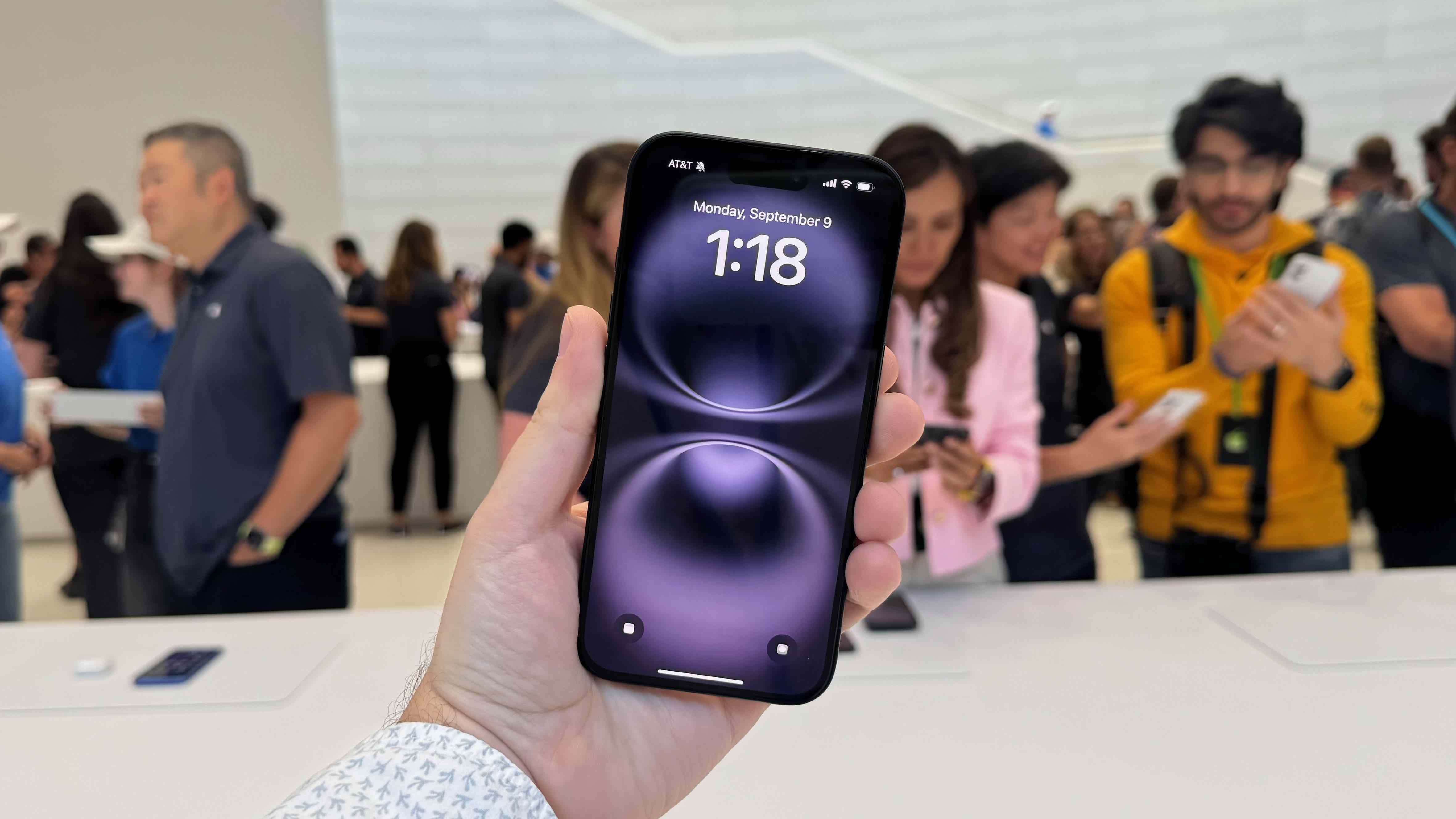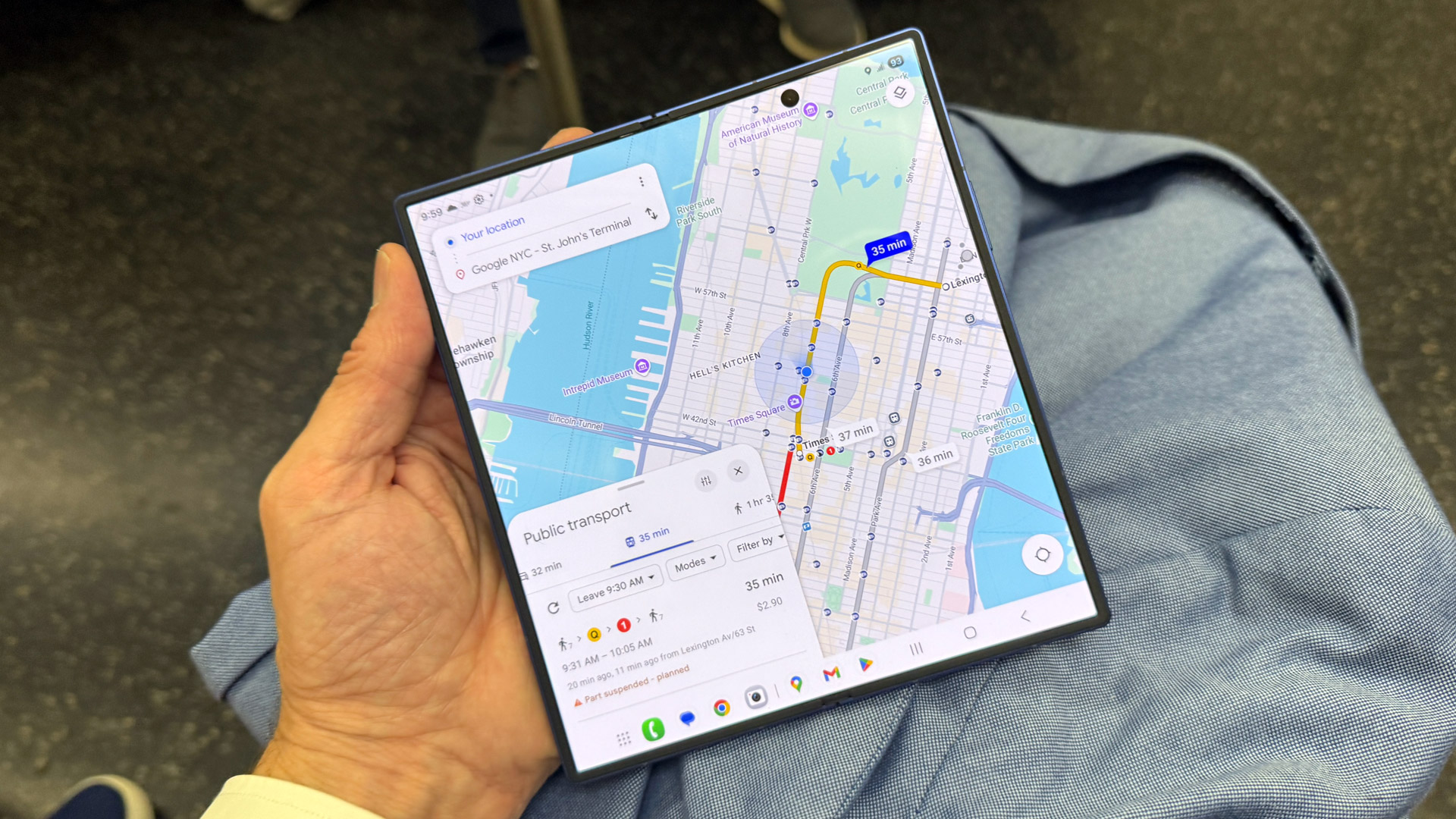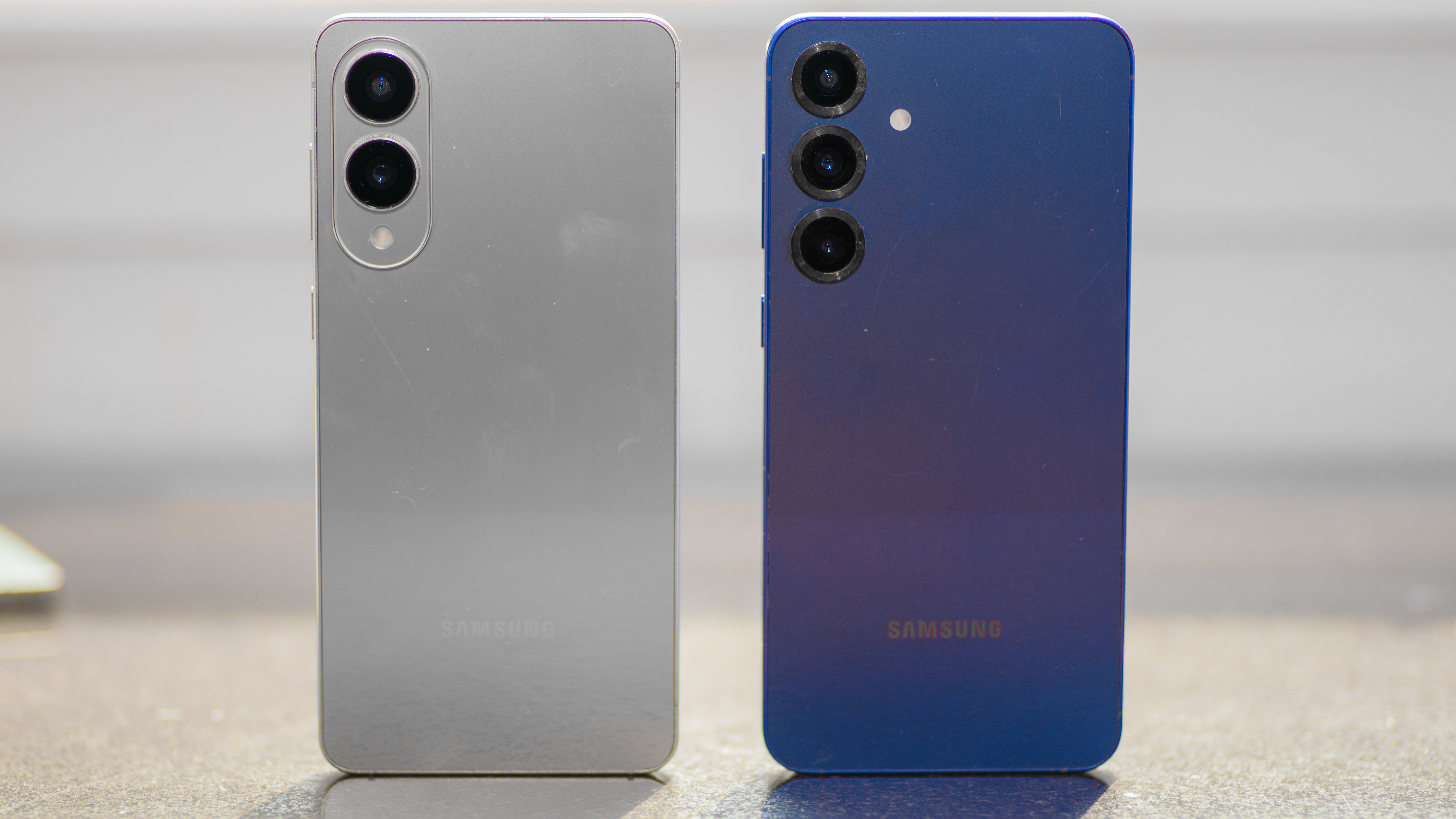Thinking about getting a free iPhone 16 Pro from your carrier? Don't make this big mistake I made when you sign the contract
You won't be free to do what you like with that free phone

Sign up for breaking news, reviews, opinion, top tech deals, and more.
You are now subscribed
Your newsletter sign-up was successful
The best smartphone deals come from mobile network carriers, but there’s a big catch you should know about if you’re considering getting an iPhone 16 Pro ‘On Us’ or if you want to score a massive discount on a Galaxy Z Fold 7. If you’re planning on switching phones before the payment plan has ended, there’s a major catch, and the warning was hard to find in the contract agreements I signed.
Here’s my situation: when I wanted a Samsung Galaxy S23 Ultra in early 2023, AT&T offered it for a very low monthly price on two conditions. First, I needed to trade in any Galaxy phone in any condition. No sweat! I had one hanging around. Second, I needed to sign up for a new line of service on a plan with unlimited monthly data. Also, no problem for me; I needed a new line and I use a ton of GBs.
The Galaxy S23 Ultra with 512GB of storage was almost $1,400 when I bought it. That equals $38.34 per month for 36 months, and AT&T was offering to pay more than 70% of that monthly payment as long as I was a customer. I pay $10.56 monthly, and in the end, I’ll have paid only $380 for the best phone I could buy back then.

Yeah, I don't keep any phone for 3 whole years, but this time...
Of course, I wasn’t planning on keeping the Ultra for longer than a year. I signed a three-year agreement, but I planned on trading the Galaxy S23 Ultra for an S24 Ultra a year later. I wouldn’t sign up for a new contract; instead, I would just trade in my phone. Samsung would give me $1,000 for the trade (Samsung’s norm), and I would pay the remaining $400 in cash. Instead, I got hosed.
Before I traded in my Galaxy S23 Ultra, I looked into selling it on Swappa. When I entered my phone’s IMEI number – the unique identifier assigned to all smartphones – Swappa rejected my sale. I was told my phone is ineligible for sale because there is a lien on the phone from AT&T.
I honestly did not know a phone lien was a thing. I knew that information could be attached to an IMEI number. For instance, if you report a phone stolen, the IMEI number can identify the stolen device later if the thief tries to sell it. I had no clue the IMEI could be used by my carrier to claim ownership over a phone I purchased.

Here's how AT&T will stop you from selling your phone before you pay it off
I have spent time poring over every document I signed. I cannot find the word ‘lien’ anywhere. I reached out to AT&T, and they explained what was happening… kind of.
Sign up for breaking news, reviews, opinion, top tech deals, and more.
My new smartphone does not technically have a ‘lien,’ but the contract works the same way. AT&T claims a purchase money security interest (PMSI) on my device until it is paid in full. That means they have the right to claim any proceeds if I sell the device.
That sounds awfully like a lien, huh? It’s close, but a lien is more legally enforceable. The real purpose of a purchase money security interest clause is to make sure AT&T gets paid if I go into bankruptcy and I’m forced to sell my smartphone. In practice, it keeps me from selling the phone early, the same way a lien on my car title would prevent me from selling my car.

It's not just an AT&T problem, but carriers still offer a good deal
This isn’t just an AT&T issue. A Verizon rep told me, “We do not place liens on devices. If a customer does not continually meet eligibility requirements to get the device on us, they are responsible for payment of the device.” That sounds definitive, but Verizon’s contract language contains a purchase money security interest clause similar to the language AT&T uses.
T-Mobile did not respond with comment, and I could not find any PMSI clause in T-Mobile contracts. However, if you are planning on ditching your phone early, you may want to read the current contract closely, as terms can change.
I still think carrier deals for free phones are good deals. Even if you only get a discount, it’s a huge discount. If you want a Galaxy Z Fold 7, for instance, that phone costs $1,999.99 / £1,799 / AU$2,899. If you sign up with AT&T, they will pay up to $1,100 of that total if you stick with them for three years.
For most people, that will be the only way to afford today’s most expensive phones, and three years is the right amount of time to own today’s best phones. The required service plan will be a pricier option, but if you use a lot of data like me, a Wi-Fi hotspot amount, you’re probably getting a top plan anyway. You might as well get the best deal on the top phone to go with it.
You might also like
- I showed the Samsung Galaxy Z Fold 7 to a Z Fold 4 owner, and he was blown away
- The Google Pixel 10 Pro series has been pictured in four shades – some of which we like far more than others
- The iPhone 17 has a rumored launch date – here are 5 big changes to expect

Starting more than 20 years ago at eTown.com. Philip Berne has written for Engadget, The Verge, PC Mag, Digital Trends, Slashgear, TechRadar, AndroidCentral, and was Editor-in-Chief of the sadly-defunct infoSync. Phil holds an entirely useful M.A. in Cultural Theory from Carnegie Mellon University. He sang in numerous college a cappella groups.
Phil did a stint at Samsung Mobile, leading reviews for the PR team and writing crisis communications until he left in 2017. He worked at an Apple Store near Boston, MA, at the height of iPod popularity. Phil is certified in Google AI Essentials. His passion is the democratizing power of mobile technology. Before AI came along he was totally sure the next big thing would be something we wear on our faces.
You must confirm your public display name before commenting
Please logout and then login again, you will then be prompted to enter your display name.